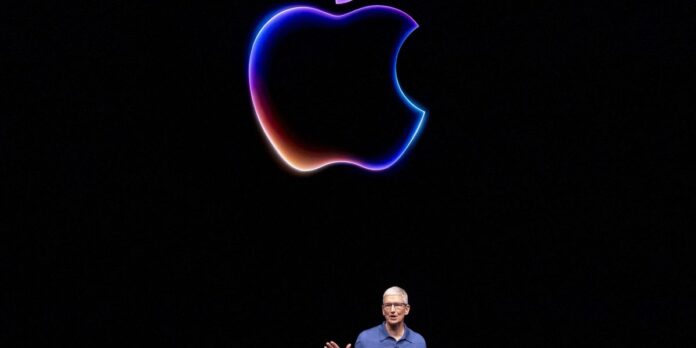If the year 2024 seems challenging for big tech in the EU, the upcoming months may bring even more difficulties as the bloc implements new regulations to hold online giants accountable.
Since August 2023, major digital platforms worldwide have been facing the toughest tech regulations ever in the European Union, with enforcement showing no signs of slowing down.
Brussels achieved a significant win by compelling TikTok to remove an “addictive” feature permanently from a spinoff app in Europe in August. This came a year after the implementation of content moderation rules under the Digital Services Act (DSA) in the EU.
This was followed by a series of decisions targeting Apple, Meta (formerly Facebook), and Microsoft within a seven-day period earlier in the summer.
Officials indicate that more actions are on the horizon before the end of 2024.
These moves by the EU are facilitated by two key laws: the DSA mandates companies to monitor online content, while the Digital Markets Act (DMA) regulates the business practices of big tech companies.
Since the introduction of DMA regulations in March, the EU has pressured Apple to resolve a dispute with Fortnite maker Epic Games over a gaming app store.
Lawmaker Stephanie Yon-Courtin, who focuses on digital issues, commended the European Commission for swiftly implementing the DMA and DSA rules despite limited resources and a short timeframe for enforcement.
According to Jan Penfrat, a senior policy advisor at online rights group EDRi, changes are already visible due to the DSA and DMA, providing users with more rights and choices regarding online content and services. He believes that this is just the beginning of regulatory actions against big tech companies.
One high-profile challenge for the EU is Apple, which has been critical of the DMA rules, claiming they compromise user security. Apple faces potential fines unless it addresses the accusations of violating DMA rules and adjusts its app store policies.
Brussels is prepared for a showdown with Apple, and the bloc is also expected to decide on regulatory actions against X, formerly Twitter, in September.
The EU’s efforts to curb disinformation and hate speech have led to confrontations between X’s owner Elon Musk and EU officials, with the possibility of fines or a ban on the platform if violations persist.
The EU’s competition chief Margrethe Vestager has emphasized that Brussels is moving swiftly to enforce regulations under the DMA, aiming to shorten competition investigations to a maximum of 12 months. However, legal challenges and delays in compliance remain potential obstacles for companies like Apple.
Despite some criticism from big tech companies, the EU remains committed to enforcing the DMA regulations and may expand its scrutiny to include platforms like Telegram under the stricter rules of the DSA.
The EU’s focus on regulating artificial intelligence technologies, including partnerships between tech giants and AI developers, demonstrates the bloc’s determination to leave no aspect of the digital sphere unchecked.




